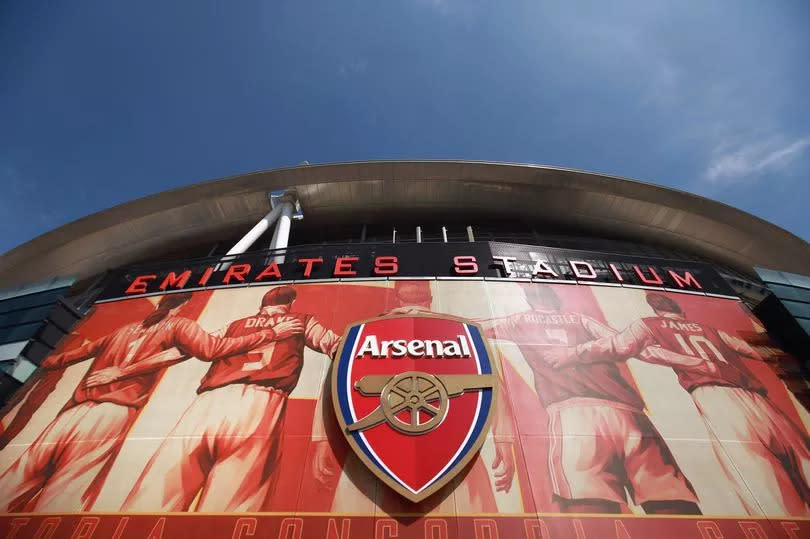Man City voted down as Arsenal braced to get huge Premier League boost

At the Premier League’s monthly shareholders’ meeting on Monday, the majority of the clubs got what they had been seeking. At the top of the agenda for the 20 member clubs to discuss at the meeting in London was the introduction of a salary cap, one ‘anchored’ to the broadcast earnings of the team that finished in last place in the Premier League.
Of the 20 clubs to vote on the proposals, as first reported by The Times, 16 were in favour, three were against, while there was one abstention, which was Chelsea. The three clubs against the introduction of a cap on wages were Aston Villa, Manchester City, and Manchester United, while Arsenal joined other members of the so-called ‘big six’ in Liverpool and Tottenham Hotspur in backing the plans, which have come at a time when English football is undergoing an overhaul of its financial controls, with the current profit and sustainability rules (PSR) to be replaced by a model akin to UEFA’s squad cost ratio rule from the start of the 2025/26 season.
Manchester City’s stance on a salary cap being brought in isn’t a major surprise. City were the biggest spenders on wages in the Premier League last season, with a wage bill standing at £423m. That sum was largely down to the bonus payments required to players for success in winning the Premier League and Champions League. Chelsea were the second biggest spenders on wages at £404m.
It has been widely reported that a multiple of four-and-a-half would be adopted, but that is now understood by football.london sources to be five times. Based on the 2022/23 merit payments, that would be the £103.6m that Southampton achieved directly from TV revenue, with that sum made up of equal share, merit payments, facility fees, and the share of the commercial revenue derived from domestic and international rights. At five times multiplied, that would be £518m.
That figure, football.london understands, is also being pitched to include not only wages, but also amortisation costs and agents fees.
To put Manchester City’s stance into some context, Pep Guardiola’s side had wages of £423m in 2022/23, with amortisation costs of £145.4m, a combined £568.4m, above the £518m example, showing that the introduction of such a restriction would almost certainly limit their ability to continue to stretch the gap between themselves and their rivals.
READ MORE: David Raya reveals what Mikel Arteta said to him after huge Arsenal error in North London Derby
READ MORE: Arsenal player ratings vs Tottenham as Kai Havertz and Bukayo Saka star in nervy derby win
Arsenal are chasing down Manchester City all the way in this Premier League title run-in. Mikel Arteta’s side have been in marvellous form this season, carrying on from their excellent performance in 2022/23, with the Gunners now well and truly established as a title-challenging force once again, one back to competing in the Champions League on a regular basis after several years in the wilderness.
The Gunners have done this on a wage bill considerably less than Manchester City’s £423m, with the Gunners spending £235m, the sixth highest in the league and 55% of what City’s overall wage bill has been.
To assess Arsenal’s position, and thus their potential ability to spend, the Gunners’ £235m wages, plus the £139m in amortisation costs, would place them at around the £374m mark, a figure some £144m under the £518m example.
That means that there is strength in terms of Arsenal’s ability to manoeuvre under any such salary cap, although it is something that is by no means cut and dried.
The Manchester clubs are pushing back on the inclusion of amortisation costs as well as wages, unsurprising given the high level both are committed to, and the plans won’t be ratified until a full vote at the Premier League’s AGM this summer, with only an agreement in principle reached thus far.
But the stance of Arsenal and the other 15 clubs in wanting to see these rules adopted is understandable given the desire to avoid the potential for Manchester City to further grow the gap and become near untouchable.
